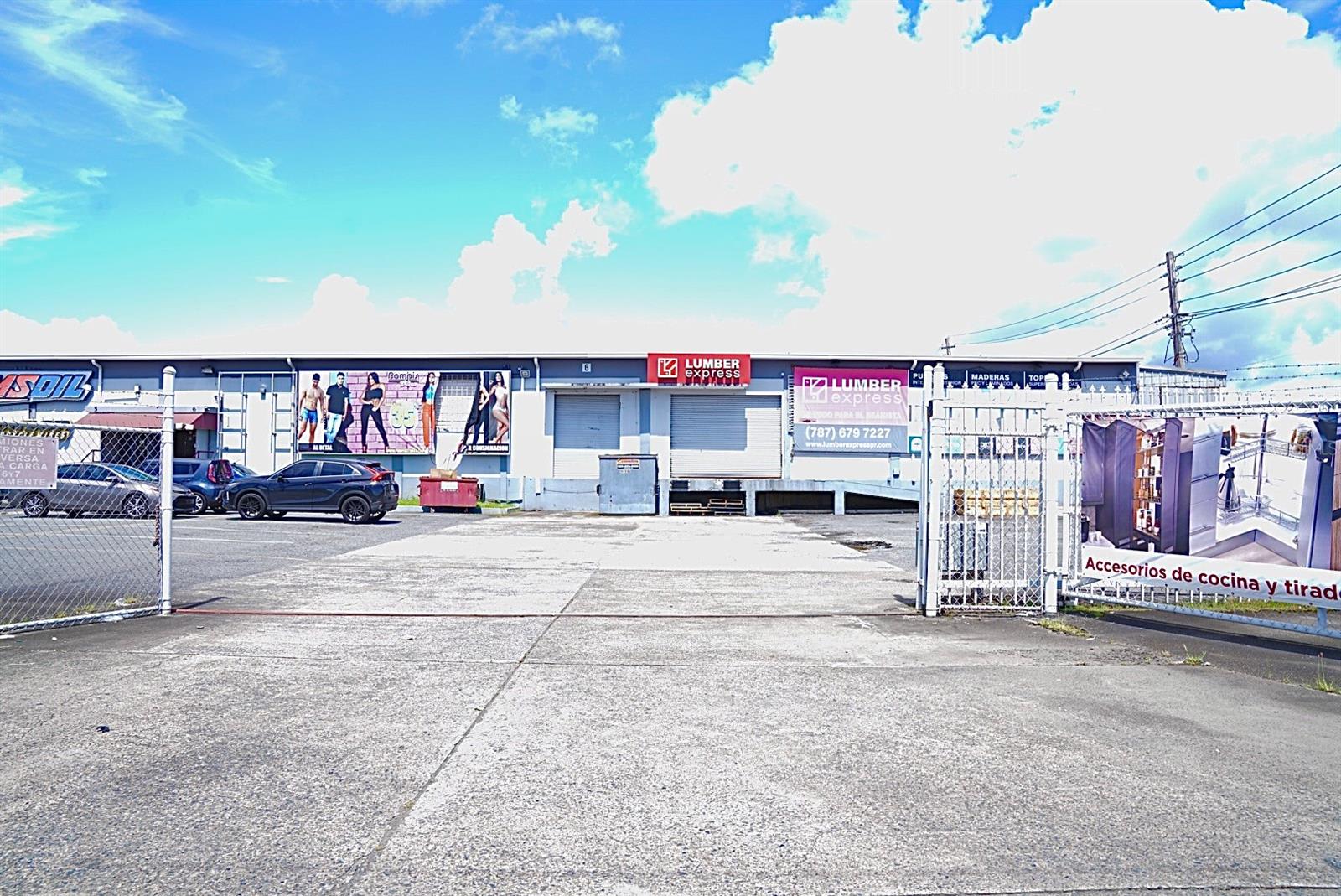Discover the attractive Puerto Rico tax rate corporate benefits and Puerto Rico tax exemption through Act 20, welcoming entrepreneurs to a tropical business oasis with significant tax incentives. This innovative Puerto Rico tax program, designed by the Puerto Rico government to turn the island into an economic powerhouse, beckons U.S. citizens with promises of unparalleled tax benefits, including federal tax exemptions and business growth. A fixed income tax rate of just 4% on net income from qualifying services, coupled with a 100% exemption on income taxes for dividends and profit distributions, makes Act 20 more than a mere Puerto Rico tax break—it's a strategic move that transforms the Caribbean beaches into a haven for ambitious business visionaries.
Puerto Rico Act 20 isn't about the numbers; it catalyzes a thriving community and job creation, showcasing significant Puerto Rico tax benefits for US citizens and individuals. Beyond the financial perks, this tax savings legislation showcases significant Puerto Rico tax benefits and invites entrepreneurs to contribute to Puerto Rico's economic resurgence. If you're ready for a sun-soaked business adventure, Act 20 is your ticket to a new location and a vibrant ecosystem where your entrepreneurial dreams can take root and flourish.
Key Takeaways
Act 20 Puerto Rico The "Export Services Act"
On January 17, 2012, Puerto Rico enacted Act No. 20 of 2012, officially known as the "Export Services Act," offering the necessary criteria for providing World Class Service Center by giving a tax exemption decree to businesses engaged in eligible service in the island. Since the creation of Puerto Rico Act 20, more than 4,000 U.S. individuals and companies have relocated to Puerto Rico. The Puerto Rico tax exemption provided by Act 20, combined with the Caribbean lifestyle, has been too good to pass off.
Act 20 is a crucial piece of legislation that aligns with Puerto Rico tax haven rules, designed to attract businesses and boost economic development. While it is especially relevant for U.S. citizens considering business ventures in Puerto Rico, it applies to any individual or entity looking to establish qualifying businesses on the island.
Benefiting from Puerto Rico Tax Incentives
The main focus of Puerto Rico Act 20, bolstered by the Puerto Rico federal tax exemption, is to encourage the establishment and growth of service-based businesses that provide their amenities to clients located outside of Puerto Rico. The act aims to attract individual investors and businesses to the island, offering significant tax breaks in Puerto Rico to stimulate economic development and create business opportunities. The key elements of Act 20 benefits include:
Fixed Income Tax Rate: Act 20 highlights the tax advantages of Puerto Rico by establishing a fixed income tax rate of 4% on the net income derived from eligible services for qualifying businesses. This low Puerto Rico sales tax rate is a significant Puerto Rico tax incentive for companies to operate in Puerto Rico, enhancing the Puerto Rico tax benefit to foster a thriving business environment on the island.
Dividend Exemption: Perhaps one of the most attractive features, this tax exemption decree provides a 100% exemption from Puerto Rico income taxes on dividends or profit distributions from the qualifying business. This means that when the company distributes Puerto Rico-sourced income to its shareholders, those distributions are not subject to sales tax in Puerto Rico, further amplifying the Puerto Rico tax benefit.
Eligible Service: To qualify for Act 20 benefits, businesses must engage in eligible services. These professional services typically include activities such as:
- Consulting services
- Advertising and public relations
- Marketing
- Software development
- Securities Trading
- Cryptocurrency
- Call Centers
- Educational and training services
- Research and development
- Engineering
- Auditing consulting services
- Accounting services
- Voice and data telecommunications
- Computer program development
- Electronic data processing centers
- Hospital and laboratory services
- Storage and distribution centers
- Project management services
- Other centralized management services
Establishing a business solely in Puerto Rico under Act 20 involves meeting specific Act 20 Puerto Rico requirements, such as setting up operations to deliver services to clients worldwide while maintaining a presence on the island. The Puerto Rico tax incentives allow businesses to take advantage of the low fixed Puerto Rico income tax rate and the dividend exemption, ultimately reducing their overall tax liability.
Corporate Setup Flexibility: Act 20 also offers capital gains exemptions for income generated through eligible services exported outside Puerto Rico. This allows businesses to benefit from reduced tax liabilities on capital gains related to their core qualifying activities, provided these gains stem from Act 20 company operations.
Critical Specifics to Consider with Puerto Rico Income Taxes
No Nexus within Puerto Rico: Act 20 Puerto Rico is designed to promote businesses catering to clients outside Puerto Rico. Therefore, the business mustn't have a nexus within Puerto Rico. The Puerto Rican company should refrain from targeting or serving the local market. The Secretary of the Department of Economic Development and Commerce of Puerto Rico has the authority to determine other activities that may be considered to have a nexus.
Minimum Revenue and Employment Requirements: If the Act 20 business generates an annual revenue of at least $3,000,000, it must hire at least three full-time staff members who are Puerto Rican residents within six months of operations and five full-time employees within two years.
The business owner and employees must earn an appropriate wage, subject to Puerto Rican tax rates, potentially up to 33%.
Tax Exemption Decree Application: To acquire the Puerto Rico tax exemption decree under the Puerto Rico Act 20, the business must apply to the Office of Industrial Tax Exemption (OITE) of Puerto Rico. This application process involves providing necessary information regarding the business's structure, operations, and compliance.
Under Act 20, the Puerto Rico tax rate corporate benefits are detailed in a tax exemption decree, officially documenting the low tax rates and qualifications for businesses.
Duration of Tax Benefits and Audits: While the initial term of tax benefits under Act 20 is 15 years, businesses have the opportunity to extend benefits in line with government policies, such as the current limit of 2035. After this period, businesses may have the option to apply for an extension for another 15 years.
To ensure compliance with Act 20 requirements, the OITE audits exempt businesses at least every two years. This helps maintain the program's integrity and ensures that companies continue to meet the eligibility criteria.
Costs Associated with Act 20 Paperwork: Businesses seeking Act 20 benefits should know the associated costs. These may include a $750 application fee, $150 for acceptance stamps, and an annual compliance filing fee of $300.
For Bona fide Residents
Individuals must be bona fide residents of Puerto Rico to meet the residency requirements and comply with Puerto Rico tax laws to take advantage of the island's tax incentives. Being a bona fide island resident is crucial because, as a U.S. territory, Puerto Rico has the authority to establish and enforce its own tax regulations for its residents.
Since 1917, individuals born in Puerto Rico have been considered citizens of the United States. This citizenship grants them certain rights and privileges but does not equate to full statehood.
Thanks to the Puerto Rico federal tax exemption, island residents, despite being U.S. citizens, generally do not pay federal income taxes on Puerto Rico's source revenue generated within the Commonwealth. This is because Puerto Rico is not a U.S. state, and federal taxes are not applied in the same way as in the states.
Puerto Rico corporations are treated as foreign country corporations for federal tax purposes. As a result, they are not typically subject to U.S. corporate taxes. This distinction provides economic incentives for businesses to operate in Puerto Rico.
The Internal Revenue Service (IRS) has clear rules regarding what constitutes a bona fide resident in Puerto Rico, and meeting these criteria is essential for eligibility.
Three IRS Tests for Bona Fide Residency:
The IRS Puerto Rico employs three tests to determine bona fide residency in Puerto Rico:
Presence Test: This is based on the physical presence of the individual. To satisfy the Presence Test, you must be physically present in Puerto Rico for 183 days or more throughout the calendar year. This requirement, a critical part of the Puerto Rico residency requirements, ensures that you spend much time living in Puerto Rico.
Tax Home Test: The Tax Home Test focuses on the location where you primarily work and create economic value. Your main office or place of business needs to be in Puerto Rico. This emphasizes that your primary economic activities and professional contributions are in Puerto Rico.
Closer Connection Test: The Closer Connection Test is a more comprehensive assessment that considers various factors, including your real estate holdings, the location of your family, and your overall connection with Puerto Rican society. It examines whether your ties and relationships align more closely with Puerto Rico than any other location.
These three tests collectively provide a robust framework for determining whether an individual has established bona fide residency and can access the tax benefits of Puerto Rico. Meeting these criteria is crucial for eligibility to access the Puerto Rico tax incentives the country offers.
Properties and Houses for Sale in Puerto Rico Real Estate
Act 20 offers a unique opportunity for entrepreneurs looking to migrate or establish their businesses in Puerto Rico, thanks to its attractive tax incentives and favorable business environment. For those planning to buy real estate for their business ventures, owning a property on the island not only enhances their corporate presence but also helps fulfill the residency requirements to fully benefit from Act 20. Explore the finest properties available at Christie's International Real Estate Puerto Rico with our curated selection of luxury listings for residents and business owners.
50125 MARGINAL COUNTRY CLUB BALDORIOTY PROFESIONAL CENTE CAROLINA PR, 00983
The Baldorioty Business Center, strategically located near the Luis Munoz Marin International Airport, features seven leased commercial spaces generating income on a 2.85-acre corner property with 39,418 square feet of fully operational facilities and potential for expansion.
274 CALLE CAROLINA SAN JUAN PR, 00912
Aqua Terrazas in Dorado, Puerto Rico, is a prime oceanfront income-generating property featuring seven short-term rental units, a leased commercial space, 30 parking spaces, a private pool, and direct beach access, offering a turnkey investment opportunity in a desirable location.
30 H ST. GUAYNABO PR, 00966
This elegant 3,991 sq. ft. home in Villa Caparra, Guaynabo, offers stunning city views, seven bedrooms, six bathrooms, a terrace, patio, swimming pool, reclaimed stone wall, terrazzo floors, and modern amenities, all set on a 1,993 sq. meter lot in a gated, secure community.
Conclusion
In the dynamic tapestry of Puerto Rico, Act 20 emerges as a pivotal driver of economic rejuvenation and a beacon of opportunity for prospective bona fide residents. Beyond tax advantages and Puerto Rico capital gains tax, this legislation offers significant Puerto Rico business incentives and creates an ecosystem where businesses and individuals can thrive, contributing to the island's overall prosperity. As the island continues to welcome new residents and businesses, the collective efforts fostered by Puerto Rico taxes lay the groundwork for a future where Puerto Rico stands as a thriving hub of innovation, culture, and economic success.
Ready to benefit from Puerto Rico's Act 20? Contact Christie's International Real Estate Puerto Rico now to start your journey towards unparalleled tax savings and luxurious living with our beachfront properties and luxury real estate. With our deep understanding of the local market and exclusive property listings, we are your gateway to a new life of luxury and opportunity in Puerto Rico.
Whether seeking a dream home or considering a strategic business endeavor, Christie's International Real Estate Puerto Rico is your gateway to possibilities. Contact us today to embark on a journey of discovery where exclusive residences meet the beauty of the Caribbean. Your new home and business venture await – seize the opportunity with us today.
FAQs
What are the steps to apply for Act 20?
To apply for Puerto Rico's Act 20, businesses must submit an application to the Office of Industrial Tax Exemption (OITE), providing details about the business structure, operations, and compliance. The application process includes a $750 fee and other associated costs.
Who qualifies for Puerto Rico Act 20?
Any individual or entity engaged in eligible service activities, such as consulting, advertising, software development, and more, can qualify for Act 20 benefits, provided they serve clients outside Puerto Rico.
What are the residency requirements under Act 20?
To benefit from Puerto Rico's tax incentives, individuals must be bona fide residents and meet the IRS's presence, tax home, and closer connection tests.
How does Act 20 compare to Act 22?
While Act 20 focuses on tax incentives for service-based businesses, Act 22 offers tax exemptions on capital gains for individual investors. Combining both can provide comprehensive tax benefits for entrepreneurs.












